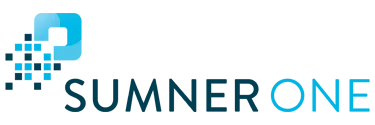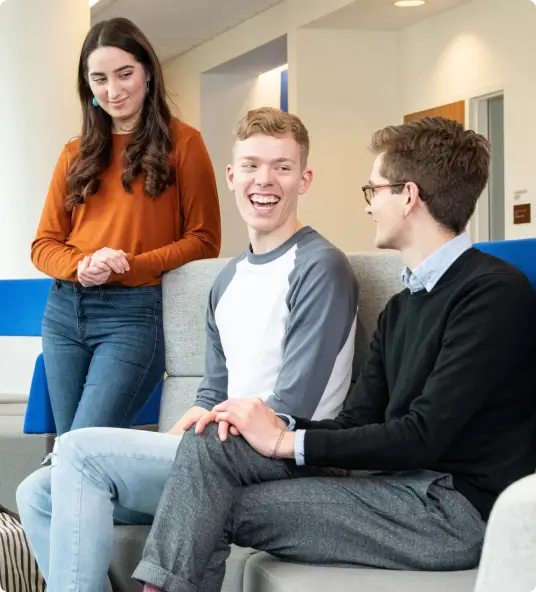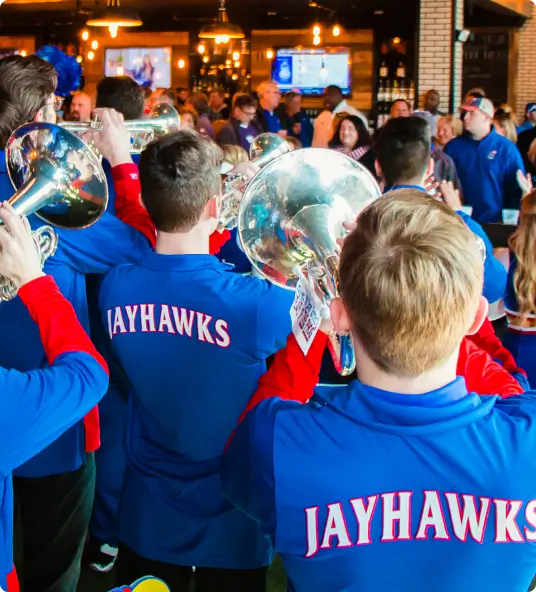Jayhawks in leadership positions are everywhere you look, including through the Jayhawk Career Network. KU Alumni, in partnership with SumnerOne, is highlighting Jayhawk leaders who are models for others in their industries with our “Copy the Leader” program.
What do you do in your work?
I lead Black & Veatch’s Program Management Organization within our Power Division. My team provides Program Management solutions for clients across the globe to better execute projects with an on time and on budget model.
What are the qualities of a good leader?
In my opinion, a leader must focus on 3 core qualities to operate a successful team.
First is Having a Vision – this is looking beyond the day to day operations and positioning your organization a month, quarter or year out to remain on the leading edge of competitiveness.
The second is Embracing Risk With Your Employees – as a leader, employees need to understand that taking risks is what helps an organization grow. In order for employees to take risks, we as leaders have to develop enough trust so employees understand that any failures with taking risks will be viewed as a professional growth opportunity versus punishment.
Lastly, Transparency – I’ve seen too many examples in my career of someone speaking during an All Hands and saying something like “I know of things going on, but I can’t tell you right now”. Nothing loses trust in a leader more than lack of communication and transparency on the hard subjects. If you don’t have transparency, you don’t have trust, if you don’t have trust, you don’t have growth and without growth, you can’t achieve your objectives for the organization.
How do you practice leadership at your job?
Practicing leadership can come in many different forms, however the most effective practice is ensuring your conversations align with the 3 key elements above. One of the most effective practices I leverage every day is the simple “office drop in”. Throughout the day, I would swing by the various offices of my teammates and ask a simple question “how are you doing?” This method instills trust and allows employees to open up about the harder subjects so we can troubleshoot together. Furthermore, this creates a more open and honest discussion in group meetings where everyone understands the support structure and how it helps meet our vision and goals.
What makes a team or group successful?
It is imperative that your team understands their goals. Not having goals or failing to discuss the progress towards those goals creates a free for all when it comes to team performance. Equally important, the team needs to understand the entire process and not just their own individual focus. This helps create an organic level of trust where employees communicate with each other to ensure their upstream and downstream teammates are getting exactly what they need.
How has your company adapted to the changes brought by the pandemic?
At Black & Veatch, we are always focused on safety. Traditionally, safety is viewed as on the job type practice. However, with the pandemic forcing everyone to work from home, Black & Veatch expanded their safety measures to help with the mental toll the pandemic took on employees. Early on, we hosted company-wide collaboration sessions focused on helping our employees and highlighting ways that we can work together in the virtual environment. Fast forwarding to this year, we have embraced a more flexible model that allows employees to work from home and/or in the office. As a company, we want to ensure we bring employees back to the office in a safe and understanding manner. I’m extremely proud of how agile our organization became during the pandemic and how the simple tool of communication kept us aligned and collaborative.
Want to receive alumni and career stories like this in your inbox? Subscribe to the Water Cooler, a monthly career newsletter for alumni, students and friends. It includes upcoming events, featured mentors, stories about alumni and students, jobs and more.




